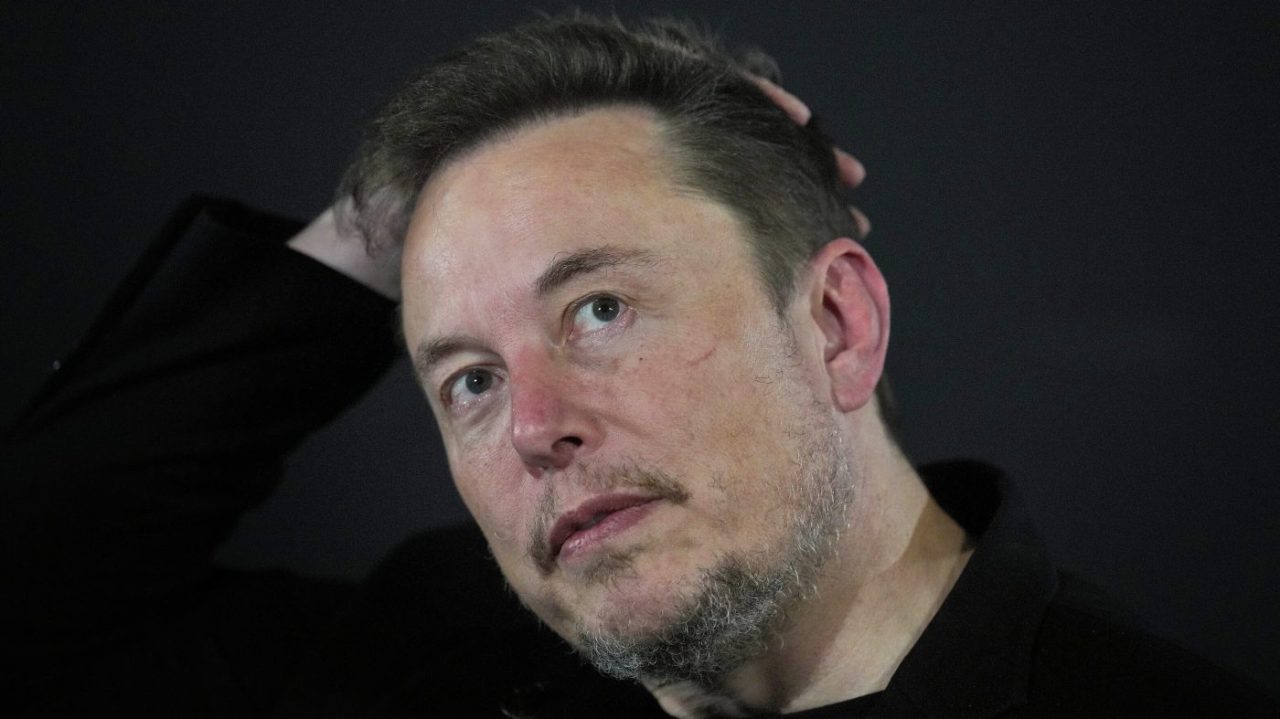The first Neuralink implant in a human malfunctioned after several threads recording neural activity retracted from the brain, the Elon Musk-owned startup revealed Wednesday.
The threads retracted in the weeks following the surgery in late January that placed the Neuralink hardware in 29-year-old Noland Arbaugh’s brain, the company said in a blog post.
This reduced the number of effective electrodes and the ability of Arbaugh, a quadriplegic, to control a computer cursor with his brain.
“In response to this change, we modified the recording algorithm to be more sensitive to neural population signals, improved the techniques to translate these signals into cursor movements, and enhanced the user interface,” Neuralink said in the blog post.
The company said the adjustments resulted in a “rapid and sustained improvement” in bits-per-second, a measure of speed and accuracy of cursor control, surpassing Arbaugh’s initial performance.
While the problem doesn’t appear to pose a risk to Arbaugh’s safety, Neuralink reportedly floated the idea of removing his implant, according to The Wall Street Journal.
The company has also told the Food and Drug Administration that it believes it has a solution for the issue that occurred with Arbaugh’s implant, the Journal reported.
The implant was placed just more than 100 days ago. In the blog post, the company touted Arbaugh’s ability to play online computer games, browse the internet, livestream and use other applications “all by controlling a cursor with his mind.”



I will never not post this. This is what anyone who gets one of these is destined for :
https://spectrum.ieee.org/bionic-eye-obsolete
When a company stops supporting devices like this, the devices and their documentation and code should be required to enter the public domain. It should not be allowed for assistive devices to become e-waste stuck in a patient’s body.
Of course it is. The what neuralink is touting is the exact same situation that company was in. What happened there was they were creating an application for types of rare retinal blindness with the hopes that some other research would magically come along that makes it apply to other types of blindness and give them a market they could properly scale in. Surprise Surprise, no such deus ex machina occurred and the company could not see a path to profitability.
Neuralink is the exact same, cervical vertebra paralysis has less invasive adaptive mechanisms that are cheaper to implement, so there’s no way this will ever be a profitable approach with that alone. They’re hoping that this will magic into some brain machine interface without any actual hope that is going to happen.
The basic research just isn’t there to be doing this shit, but the investor dollars need to be put somewhere.
Yep